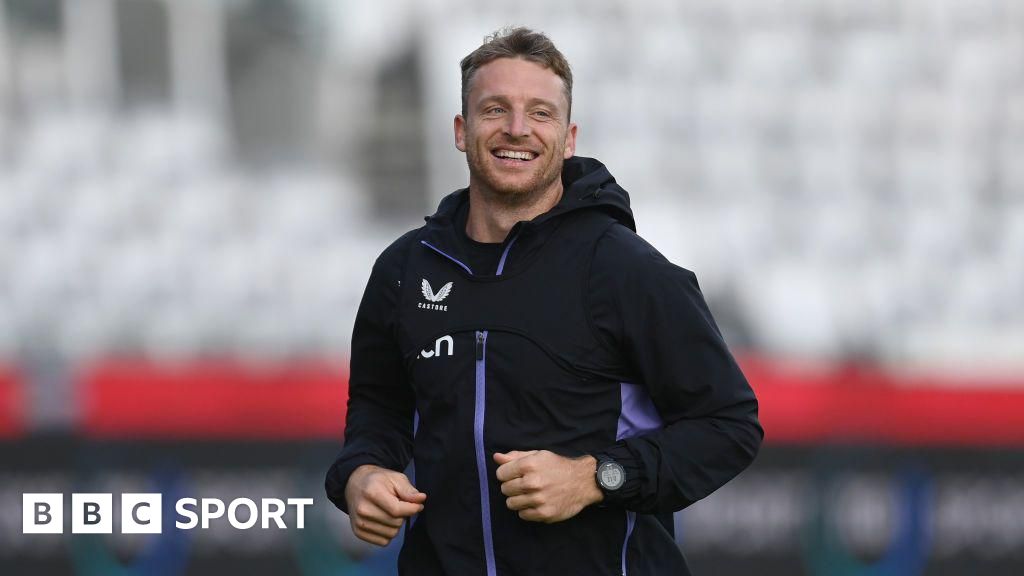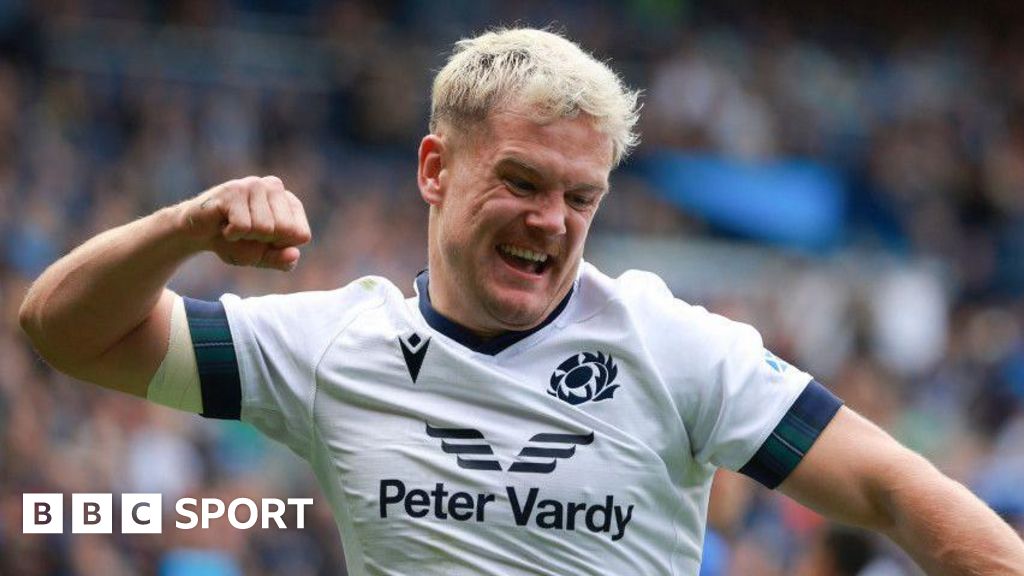ARTICLE AD BOX
The Olympic Games, eh?
Gold and silver separated by two hundredths of a second. Silver won, but not gold.
There is no mixture of emotions like it.
And with Adam Peaty that is only half of the story.
The 29-year-old Briton already had enough gold – three from the Olympics, eight from the World Championships, four Commonwealth and 16 European – to have retired a happy man.
One more on Sunday in the men’s 100m breaststroke final would have secured sporting immortality as the only man other than the great American Michael Phelps to win the same swimming event at three Olympics in a row.
This time it was only to be silver but from where Peaty has been this one, even for the ultimate competitor, felt almost as good.
“I feel like I've still won,” a tearful Peaty said.
“That's the beauty of it. My heart, I put my all into it and I couldn't have put in any more.”
Having been at the top for so long, Peaty found dark times after Olympic gold in Tokyo in 2021.
He broke his foot in 2022 and finished fourth at the Commonwealth Games later that year – his eight-year unbeaten run over. He described what followed as a self-destructive spiral.
There were problems with alcohol and his mental health – a break from the sport too. There was also the breakdown of his relationship with the mother of his three-year-old son.
A year ago he did not want to see a pool again, never mind compete in one in front of the world.
"People don't understand the sacrifice - the choices you have to make just for winning Olympic gold," he told the BBC in April.
He has spoken previously of how the birth of his son, George, upset the “flow” of his regimented life.
The curly-haired George has been in the arena for each of Peaty’s races this week and when Peaty lifted him into his arms after the medal ceremony the tears were back again.
"I can't have that relentless pursuit every single day without a sacrifice of some sort, and that sacrifice can come in different ways - time, energy, relationships,” he said.
“Anyone who has got kids will know, you love them with all your life. You have these moments where you have to prove yourself, and I think I proved myself tonight."
By then the tears had spread from poolside to the TV studio – Rebecca Adlington, his former mentor who also grew from Midlands kid to Olympic champion, fighting to find the words.
“You could see he was genuinely happy,” the double freestyle champion from 2008 said. “You could see they were happy tears.
“I'm just emotional for him because, as an athlete, you know what he has been through.”
But, in truth, few of us really do.
The hours of early mornings, the brutal hours in the gym, time away from family.
When young George has had a sniffle Peaty has distanced himself, such is his commitment to the sport.
And then there’s the toil of 10 years as the hunted – the man who at one stage held the 20 fastest 100m breaststroke times in history, in a period of dominance rarely seen by any sporting individual or team.
When his comeback kicked in last autumn, Peaty searched with coach Mel Marshall, who has been with him since he was a teenager, for new ways to train in a bid to keep his days fresh.
"It is just incredibly hard to win it once, and again, and again, and trying to find new ways to do it.”
There’s a reason they call Phelps the greatest of all time.
Peaty gave little away when asked what is next as the dust settled. Marshall is set to move from Loughborough to Australia after these Olympics, leading to doubts around Peaty’s future in the sport.
In Paris there will still be one, possibly two, relays to compete in.
Gold in either would move him alongside Mo Farah, Matthew Pinsent and Ben Ainslie in the British all-time list on four.
Those three, plus those ahead - Jason Kenny on seven, Chris Hoy on six, Bradley Wiggins, Laura Kenny and Steve Redgrave on five - are all knights or dames.
Peaty has given everything to a sport that, on this occasion, did not provide the fairytale.
But, as he held his son close with an Olympic medal he could easily have walked away from around his neck, the overriding feeling was that this is more than enough.

 3 months ago
16
3 months ago
16








 English (US)
English (US)